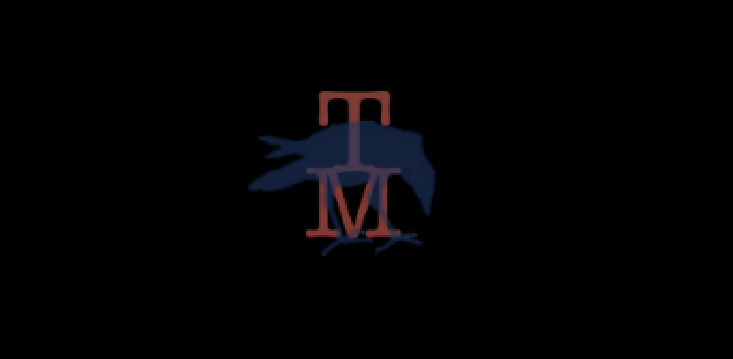Danne Jobin, PhD candidate in English, is guest co-editing a special issue of the journal Transmotion with Kai Pyle (University of Minnesota) on ‘Transgender, Two-Spirit and Nonbinary Indigenous Literature’.
Transmotion publishes new scholarship focused on theoretical, experimental, postmodernist, and avant-garde writing produced by Native American and First Nations authors, as well as book reviews on relevant work in Vizenor Studies and Indigenous Studies.
In the past decade, an increasing number of transgender Indigenous writers have been published, especially in the settler state known as Canada, such as Gwen Benaway, Arielle Twist, and Smokii Sumac. In the United States, writers like Luna Merbruja, Janet Mock, and Lady Dane Figueroa Edidi have received attention as transgender writers but less attention within Indigenous studies. Beyond the US and Canada, artists like Dan Taulapapa McMullin, Yuki Kihara, and Amaranta Gómez Regalado have written from perspectives that challenge even the categories of “transgender” and “cisgender” through Indigenous roles like fa’afafine and muxe.
Despite the increasing visibility of queer studies across disciplines, little attention has been paid to transgender and nonbinary concerns in Indigenous literatures specifically. In addition to the rising number of contemporary transgender and Two-Spirit writers producing valuable work, scholars such as Lisa Tatonetti have pointed out that queer and trans themes are visible in Native American literature reaching back to the era of the Native American Literary Renaissance and beyond in the work of Louise Erdrich, Gerald Vizenor and Paula Gunn Allen, to name a few. Nearly ten years after the publication of the landmark Queer Indigenous Studies and Sovereign Erotics by Qwo-Li Driskill et al. (2011) – followed by The Erotics of Sovereignty by Mark Rifkin (2012) and Driskill’s Asegi Stories (2016) – the editors believe it is time to gather contributions that reflect more recent developments by increasing the visibility of transgender lives in Native American and First Nations literary studies, as well as Indigenous Studies as a whole.
Within this context, the editors define “transgender” in a broad sense which includes nonbinary and genderqueer identity and expression as well as gender fluidity. Recognizing that Indigenous communities have distinct understandings of gender and sexuality, the editors welcome diverse approaches that encompass literary depictions that may not fit comfortably in the categories of “transgender” or “cisgender,” such as those who identify as third gender or with a tribally-specific role such as winkte, nádleehi, māhū, etc. Similarly, the editors welcome engagements with Indigenous literature outside of North America, including but not limited to Oceania, Latin America, Australia, as well as Indigenous peoples in Europe, Africa, and Asia.
The editors are especially interested in work that engages with writing by transgender Indigenous people themselves. In addition, the editors are seeking work that examines trans figures and themes in work by cisgender Indigenous authors. These may include, but need not be restricted to, the categories of gender fluidity, crossdressers, transvestites, third gender, transgender, nonbinary and Two-Spirit people.
Contributions can tackle a wide range of issues related to the following:
- Representations of crossdressing and/or gender fluidity in Indigenous literatures
- Questions of queer and transgender identity
- Transgender Indigenous poetics
- Alternative or fluid expressions of gender in Indigenous literature
- Transphobia and transmisogyny in Native literature
- The erotic in transgender and Two-Spirit Indigenous literature
- Differences in the definition or manifestation of gender categories between Western and Indigenous terminologies
- Discussion of tribally-specific terms such as heemaneh (Cheyenne), agokwa (Ojibwe) or lhamana (Zuni) and their significance
- Relationships/comparisons between Indigenous trans literature and non-Indigenous trans literature
- Settler-colonial legacies of transphobia
- Western idealisation and exoticisation of Two-Spirit people
- Transness (and cisness) in writing about Two-Spirit people
- Kinship (queer, trans, Indigenous structures of kinship)
The journal will also publish creative or hybrid work for this special issue, provided that such work aligns with the previously mentioned editorial emphases. Those interested in submitting essays and/or creative work for this special issue should contact us at the emails below.
300-word abstracts and a short bio should be sent to guest editors Kai Pyle: pylex044@umn.edu and Danne Jobin: D.Jobin@kent.ac.uk by Tuesday 30 June, 2020. The completed version of the articles will be requested for 31 October, 2020.

